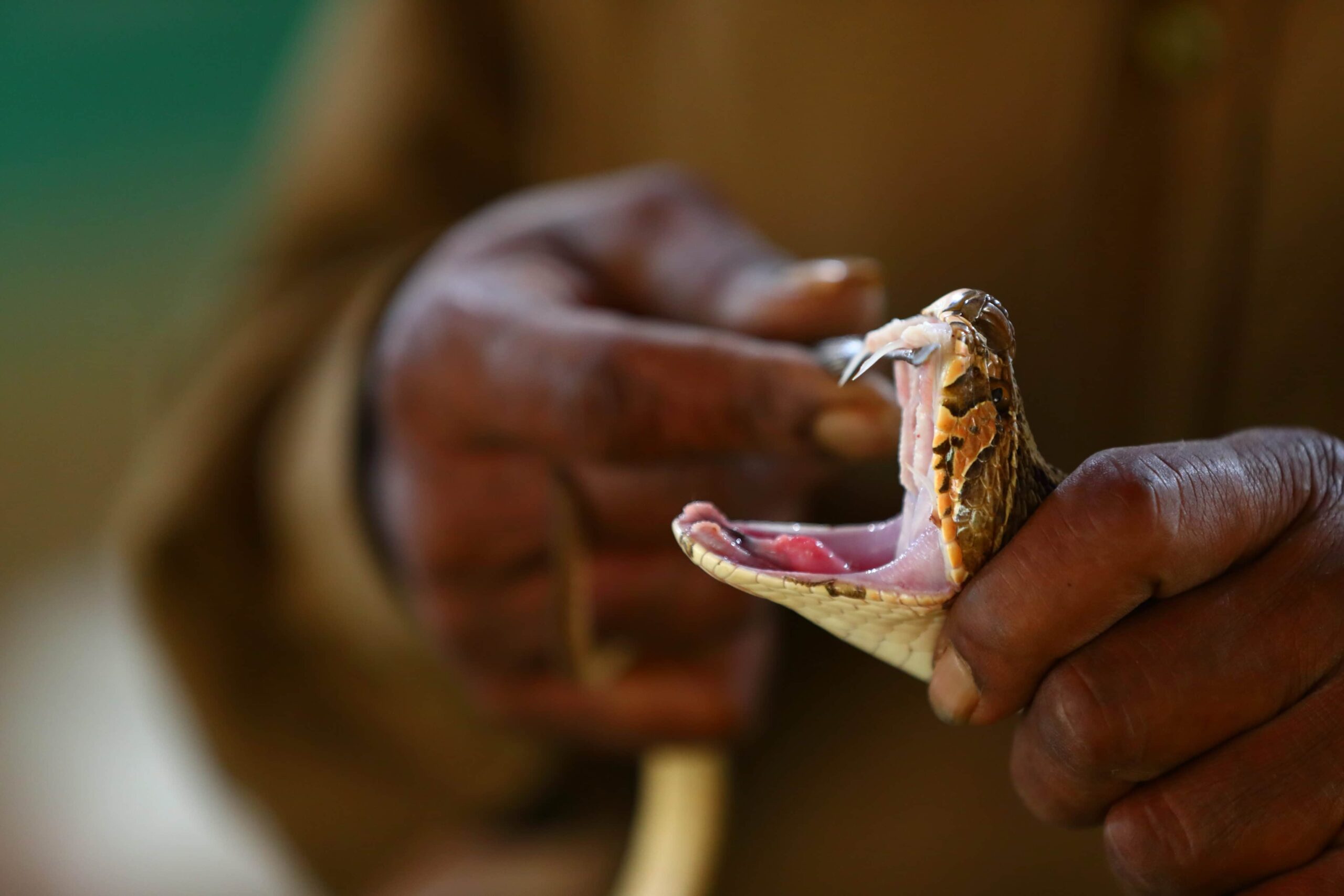
Snake Venom and Cannabis: Kenya’s Economic Salvation?
George Wajackoyah, one of four Kenyan presidential candidates in the upcoming national election, has proposed legalizing cannabis and breeding snakes for its venom to boost the local economy.
Beyond the cannabis game, snake venom is used to make medicines such as high blood pressure medication and to treat blood clots, heart disease, and as an antidote for snake bites. Poison can be sold for up to $120 per gram in the foreign export market. The market for this product is also growing — and is expected to reach $1.5 billion by 2027.
Wajackoya is a lawyer and a member of the Roots Party, which also supports a four-day work week. However, it is his esoteric proposals on the cannabis and poisons front that allow him to at least put on a decent performance if not win votes that would otherwise go to the two leading candidates – a former prime minister and the current deputy president. The issue of cannabis alone draws undecided voters to his camp. Some expect him to do well enough to force a runoff.
Meanwhile, the entire election becomes even more contentious as Reuben Kigame, a well-known blind gospel singer, is no longer allowed to run at all. Aside from the presidential election, six of the top candidates vying for governor now face unwanted scrutiny for allegedly submitting falsified academic credentials to the Independent Electoral and Boundary Commission.
In other words, cannabis reform is far from the most contentious issue in Kenyan national politics this year, although it is one of the most interesting internationally.
The impact of cannabis cultivation in Kenya
Kenya, a country in East Africa that borders Uganda (which now exports high-THC cannabis to Israel and Europe), is holding its presidential elections this August. There are several other proposals on the table to help the average citizen, including a $60 monthly stipend for unemployed Kenyans.
It is best known for its Big Five wildlife population, annual wildebeest migrations and Mount Kilimanjaro.
Tragically, the country is also known for other reasons that aren’t as stunning. The country is considered a lower-middle-income economy, with approximately 16% of the population living at or below the international poverty line. It also suffers from extreme gender and other economic inequalities, government corruption, and serious diseases that affect large sections of the population, such as HIV, malaria, and pneumonia. In addition, the country suffers from a terrible lack of basic infrastructure, leaving some 19 million people (about 35% of the population) without access to clean drinking water.
Kenya is also suffering from the direct consequences of the Ukraine war. The conflict has disrupted the country’s supply of wheat, corn, fertilizers and oilseeds. Wheat prices alone have more than doubled. That could be why earlier this month the country became one of the top three countries in Africa receiving money from expats working abroad (to fund education, basic medical and household expenses).
The Value of African Hemp
While presidential promises are often not all they do the day after elections, no matter where such contests take place, this can be especially true in Kenya. Here’s why. According to USDA US federal data, hemp prices can vary dramatically from state to state, even within the US. In Colorado, for example, hemp sold for $4.09 a pound last year. In contrast, in Massachusetts it cost $503 a pound. This delta relates to a product that has now been legalized nationally.
International sales are also priced differently. Quality GMP indoor grown hemp is a very different beast than outdoor grown hemp. In addition, the plants must be tested free of heavy metals and pesticides – and under the national and regional regulations of the importing countries on the percentage of THC (between 0.02% and 0.03%).
bottom line? Snake venom farming could prove more lucrative in the international market for Kenya’s struggling economy. But it’s clear that cannabis reform is a global issue this year — and likely to show up in elections far from Africa.

Post a comment: